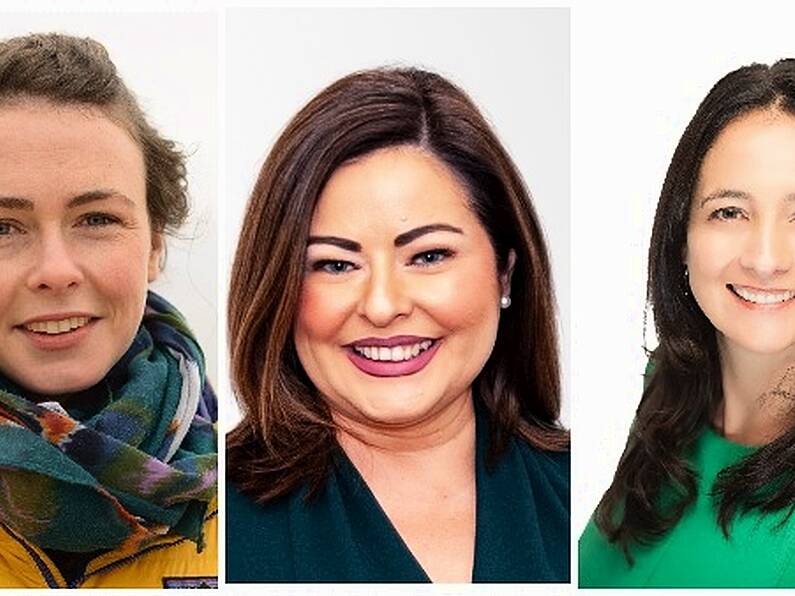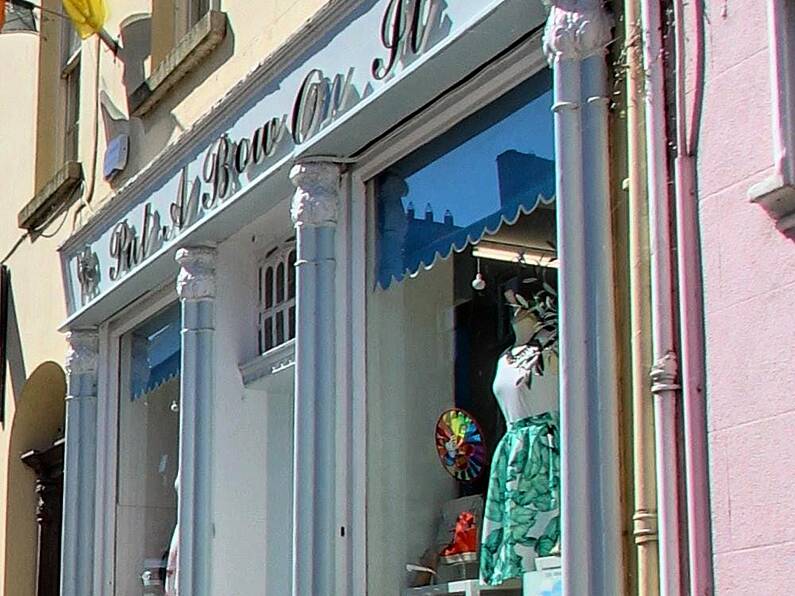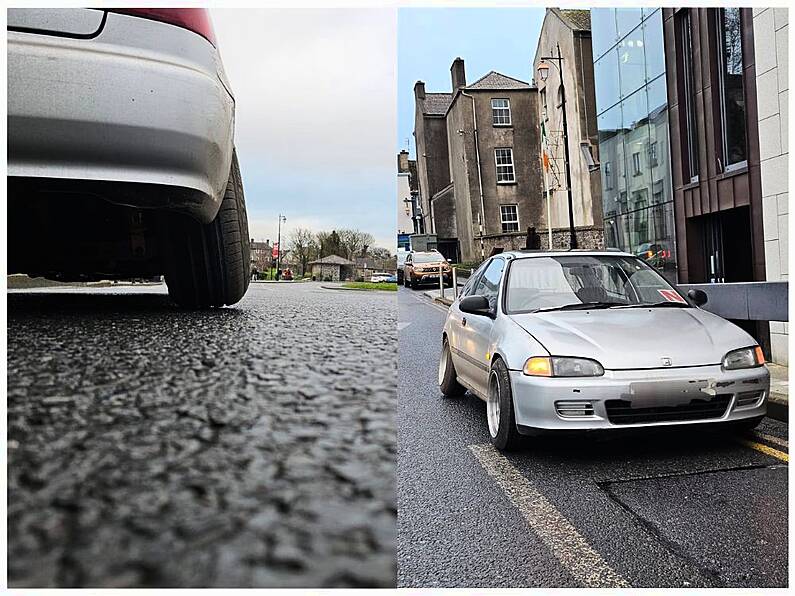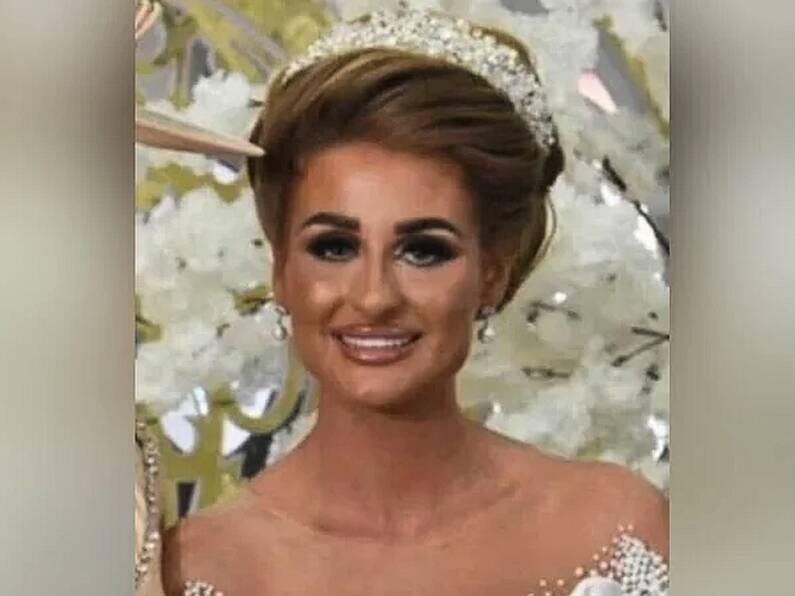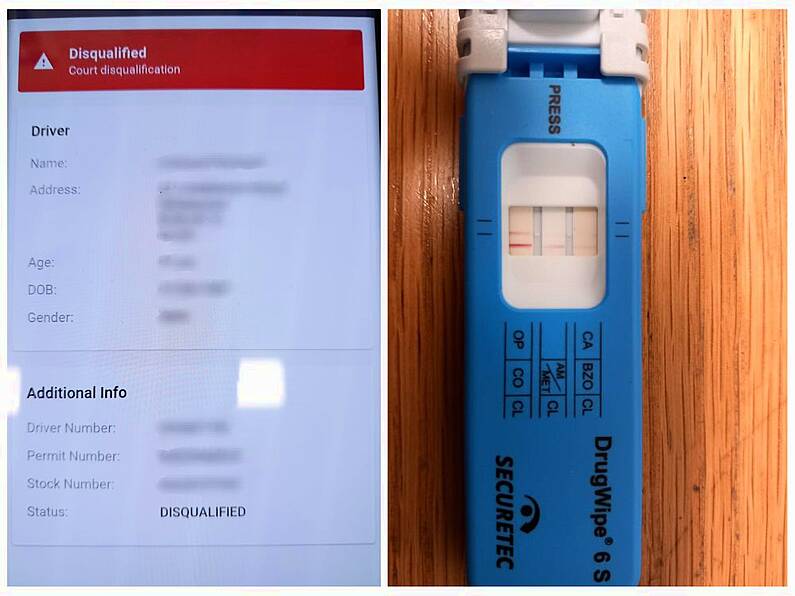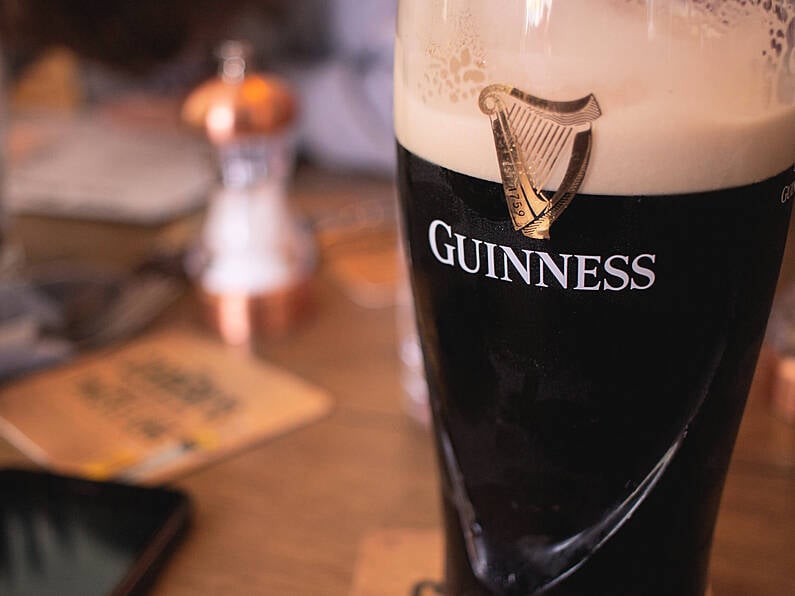By Daniel McConnell
For the first time, more than 30%of candidates will be women.
At least one woman candidate will stand in every constituency in Election 2020, for the first time in history.
With the formal deadline for nominations now passed, a total of 531 candidates will go before the public in 39 constituencies to challenge for 160 seats in the 33rd Dáil.
In what is the most diverse field to stand for election ever, 162 woman candidates will stand for election, up from the 160 who stood in 2016, but nationally for the first time more than 30% of candidates standing are women.
In terms of the parties, with candidate tickets now finalised, Fine Gael is just over the 30% quota, with 30.5% of their candidates being women. Fianna Fáil and Labour are marginally better at 31% and 32%.
The numbers of women on the ticket for People Before Profit is 38%, while the Green Party is standing 41% of women candidates with the Social Democrats top of the class at 57%.
Maynooth University Department of Geography lecturer Adrian Kavanagh who compiled the figures, said the major parties have “merely fallen over the 30% gender quota” but face significant difficulties in hitting the 40% target which will apply from the next election.
Speaking to the Irish Examiner, Mr Kavanagh said:
The main parties have gotten over the line by the skin of their teeth and were an election to occur after 2023, the 40% rule will kick in and that is a big ask.
Independent candidate Sean O’Leary registered his intention to stand in 11 constituencies, while 2018 presidential race runner-up Peter Casey is standing in Donegal and in Taoiseach Leo Varadkar’s constituency of Dublin West.
Of the political parties, only Fianna Fáil, Fine Gael, and the Green Party are standing candidates in all constituencies, with Sinn Féin not contesting in Cork North-West.
Fianna Fáil is running the most candidates, with 84 standing in 39 constituencies.
Fine Gael is standing 82 candidates, six fewer than it did in 2016, and is its smallest field of candidates since 1951, says Mr Kavanagh.
Sinn Féin is standing 42 candidates, down eight since 2016 and Mr Kavanagh suggests than on those figures the party would struggle to capture the 21% vote support, as predicted by this week’s Irish Times Ipsos/MRBI opinion poll.
The Labour Party is standing just 31 candidates, its smallest field of candidates since 1957 and, for the first time in more than 80 years, is not standing a candidate in Kerry.
There has been a sharp drop in the number of Independent candidates standing, with 30 fewer candidates compared with 2016 and 60 fewer this time compared with 2011.
Elsewhere, outgoing Fine Gael TD Maria Bailey confirmed her intention not to stand as an Independent in Dun Laoghaire while veteran Independent TD Tommy Broughan surprised many by declaring his intention to retire after 28 years in the Dáil.
Ms Bailey was deselected by Fine Gael last year after a controversy over her decision to take a personal injuries claim against the Dean Hotel, where she fell from a swing.
Announcing her decision, Ms Bailey said she was ending her time as a public representative “with great sadness”.
She spent 12 years as a councillor and four as a TD. She said the “past number of months have been extremely difficult for me both privately and politically and there are a number of people I would like to thank for their kindness and support”.
Among the surprise entries into the race are two former journalists: John Waters and Valerie Cox.
Mr Waters is standing as an Anti-Corruption Ireland candidate in Dun Laoghaire while Ms Cox is standing as an Independent in Wicklow.
One outgoing TD, Fianna Fáil’s Robert Troy, had a narrow escape as he nearly missed the filing deadline. He made the 12pm deadline for registering with 12 minutes to spare having misplaced his documents.
